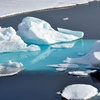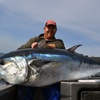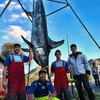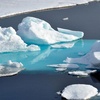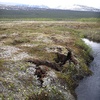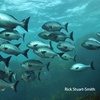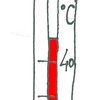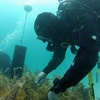
Melting Antarctic: Failure to act now on emissions could raise oceans by metres
Studies find West Antarctica’s ice sheet is melting fast. But a new look at the ancient past suggests it once pushed sea levels up by three metres, writes the Guardian. Read the full story here.


